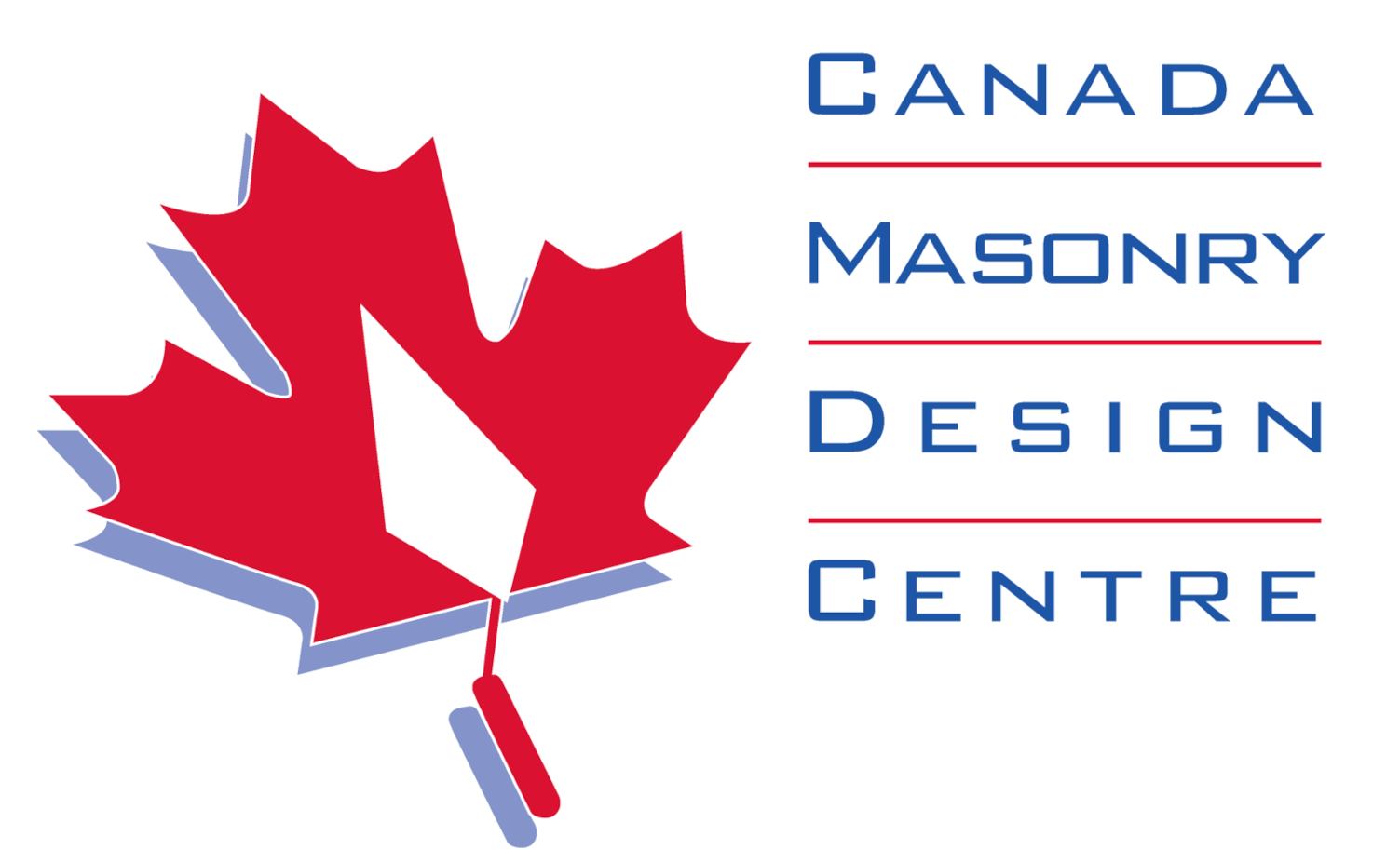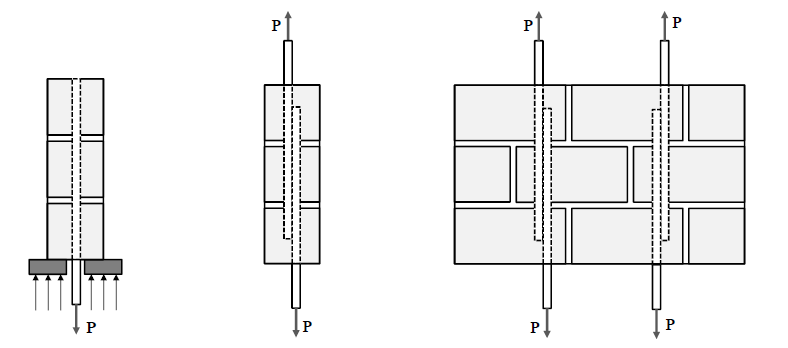1 M.Sc. Student, University of Saskatchewan, Dept. of Civil and Geological Engineering, 57 Campus Drive, Saskatoon, SK, S7N 5A9; rdk277@mail.usask.ca
2 Associate Professor, University of Saskatchewan, Dept. of Civil and Geological Engineering, 57 Campus Drive, Saskatoon, SK, S7N 5A9; lisa.feldman@usask.ca
ABSTRACT
Splice and development length requirements significantly impact the safety, constructability, and economy of masonry walls. Due to a lack of research in this area, provisions for bond in CSA S304.1-04 are taken directly from CSA A23.3-04: Design of Concrete Structures. The provisions for reinforced concrete design do not account for all parameters influencing bond in reinforced masonry. In contrast, provisions in American code TMS 402-11/ACI 530-11/ASCE 5-11 are based on test results of double splice pullout specimens. While various configurations of pullout specimens have been used to evaluate splice length requirements in masonry, researchers studying bond in reinforced concrete construction have identified shortcomings in using this type of specimen. Furthermore, results of a recent masonry study established that wall splice specimens developed higher tensile resistances and higher strains in the spliced reinforcement as compared to the reinforcement in double splice pullout specimens. This study critically examines available literature related to bond research in reinforced masonry. Differences between current Canadian and American codes, research philosophies used in masonry and reinforced concrete research and respective code calibrations, and specimen types are discussed. The discussion highlights that further work is required to refine and calibrate Canadian masonry bond provisions. Based on these findings, it would seem most appropriate to use wall splice specimens designed to fail in bond prior to the yielding of reinforcement to achieve this goal.
KEYWORDS: splices, reinforcement, bond, code provisions, concrete block
117.pdf



